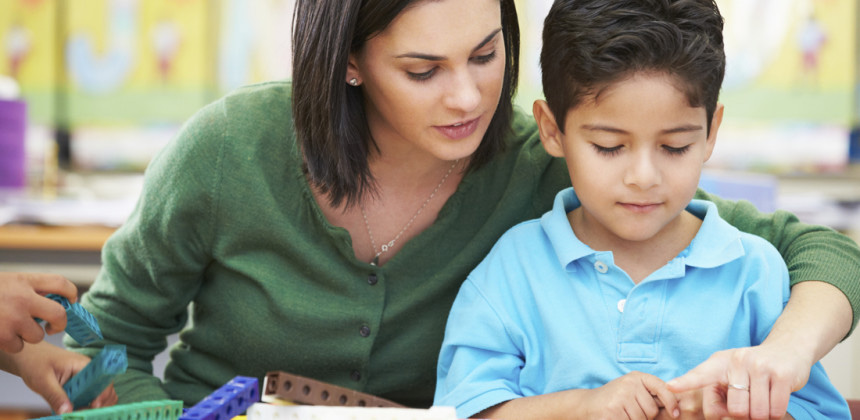Learning at 360 Kids

Learning expectations are given for six areas of learning – Personal and Social Development, Language, Mathematics, Science and Technology, Health and Physical Activity, and The Arts.
Programs based on the learning expectations take into consideration the widest possible range of children’s life experiences and situations. The expectations are not meant to be a set of discrete skills to be developed. They represent a range of ways of thinking at certain stages in young children’s development, and they contain a continuum of concepts and skills that are appropriate for Play School children, including critical thinking skills.
Two sets of expectations are listed for each area of learning, as follows:
1. Overall Expectations, which describe in general terms the knowledge and skills that children are expected to demonstrate by the end of Kindergarten
2. Specific Expectations, which describe the knowledge and skills in greater detail
Overall Expectations
Children in playschool programs are expected to demonstrate achievement of the overall expectations for each of the six areas of learning by the end of the Kindergarten years. The expectations are not designed to address Junior and Senior kids separately. Since children entering play school vary in their levels of development and previous learning experiences, it is likely that they will demonstrate a considerable range of achievement as they progress towards meeting the overall expectations for the end of Kindergarten or playschool.
For some, the process will be more challenging than for others. Therefore teachers closely monitor the progress of all children in order to provide instruction that will enable all children to reach their full potential. For example, if a child is having difficulty making progress, the teacher adjusts instruction on the basis of ongoing assessment in order to meet the needs of the child. Similarly, if a child has already achieved some of the stated expectations for Kindergarten, the teacher provide opportunities that deepen and extend the child’s learning.
Some children enter Kindergarten are able to demonstrate achievement of the expectations of the program. These children would need differentiated instruction from the outset. Kids who takes some time are not much behind.
Specific Expectations
Considering the diverse cultural and economic population in Mahavir Enclave and neighbourhood, our playschool is ready to fulfil the expectation of parents.
The specific expectations indicate in more detail what children may be expected to demonstrate as they progress through the Kindergarten or playschool years – that is, through both Junior and Senior Kindergarten. The specific expectations are grouped under subheadings (e.g., Social Relationships, Reading, Visual Arts) within the six areas of learning. These subheadings help to organize particular aspects of the knowledge and skills in those areas and serve as a guide for teachers as they plan the learning program. This organization of expectations in subgroups is not meant to imply that the expectations in any one group are achieved independently of the expectations in the other groups.
The subgroupings are intended to help teachers focus on particular aspects of knowledge and skills as they develop and present various lessons and provide instruction for the children. Since not all young children will learn in the same way at the same time, the range of achievement of the specific expectations will vary according to each child’s stage of development.
